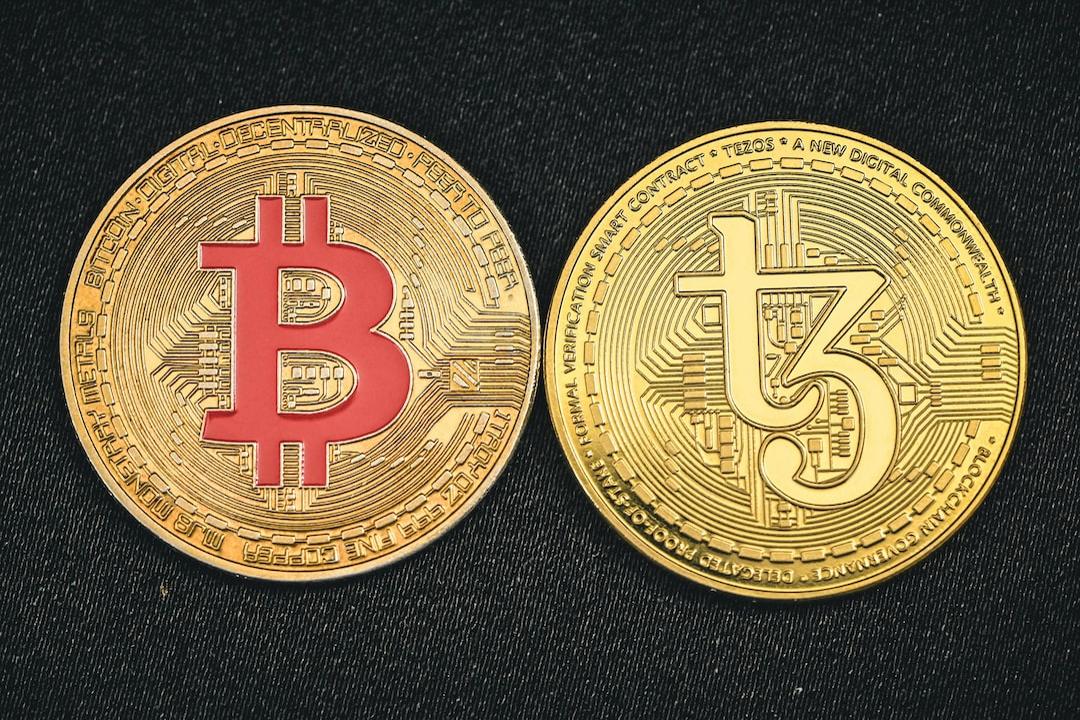The European Central Bank (ECB) has been actively creating informative materials to educate the public about the digital euro. These materials include brochures, FAQs, and other accessible formats. However, the bankers’ frustration is becoming evident due to the exaggerated fears and the lukewarm reception the digital euro has received.
To address this, ECB executives, including board member Piero Cipollone, published a column on Feb. 19 discussing the concerns of banks regarding disintermediation and the introduction of a euro central bank digital currency (CBDC). The column aims to clarify the measures implemented for the digital euro to prevent mass transfers of money from commercial bank accounts into digital euro wallets. The design elements of the digital euro encourage its use for payments rather than investment. Additionally, the column highlights that banks can compete for deposits by offering higher interest rates.
The column also refutes claims that the digital euro could lead to an economy-wide banking crisis and that banks may lose deposits as a source of refinancing in the long term. The authors argue that complaints about future volumes of the digital euro are misguided as they fail to consider the central bank money in circulation.
Furthermore, the authors emphasize that central banks are not the primary threat to the banking industry. Banks need to focus on addressing other challenges to ensure stable funding through deposits.
A more technical version of the blog post can be found on the VoxEU website.
In a speech before a European Parliament committee in September, ECB president Christine Lagarde dismissed conspiracy theories surrounding the digital euro, stating that it is not about surveillance and control.
The ECB announced in October that it has entered the preparation phase of the digital euro project.
Cipollone’s co-authors, Ulrich Bindseil and Jürgen Schaaf, also published a blog post on the ECB website in November 2022 titled “Bitcoin’s Last Stand.”
Magazine: Crypto City Guide to Prague: Bitcoin in the heart of Europe


